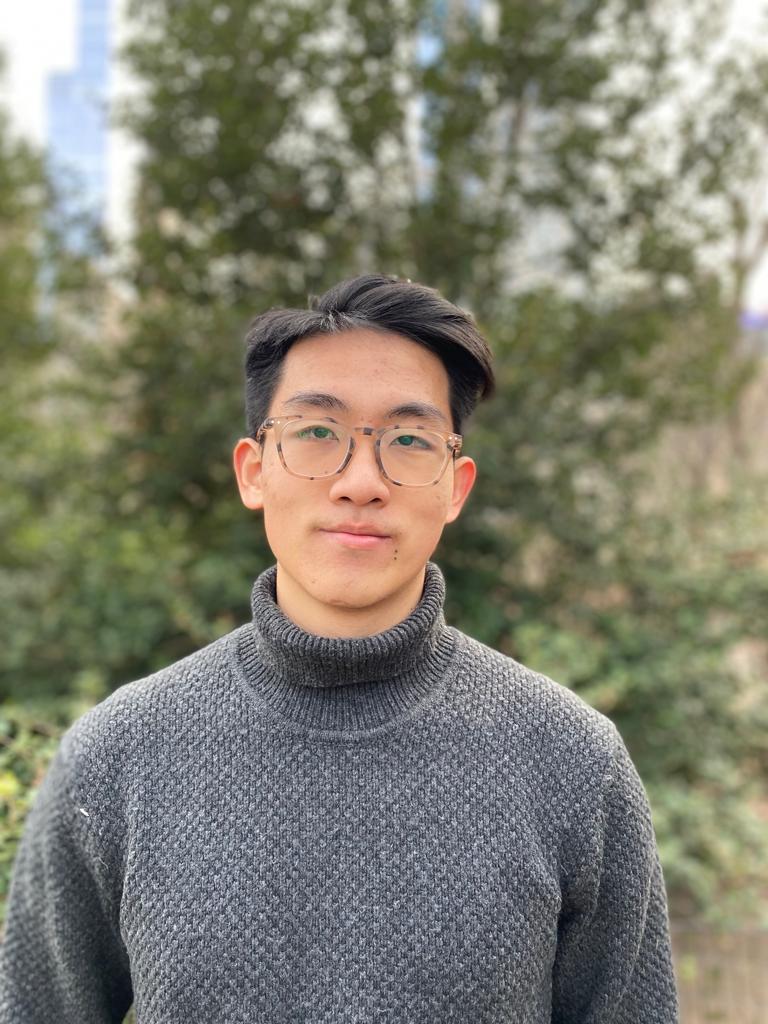
Your Professional Experience Year (PEY) is a great opportunity to get real-world engineering experience and make important connections that you can tap into after graduation. Siu Kai Cheung (Year 4 CivE) spent his PEY working for the Toronto Transit Commission (TTC). Here’s his story:
Tell us about your PEY experience at the TTC.
I was working as a Track and Structure Engineering Intern and my main responsibility was to conduct drafting of our existing stations. I also carried out some finite element analysis for our system structures to assess their current structural integrity to prevent future failures and flag potential maintenance needs. I was also tasked with preparing locate tickets for excavation projects.
Towards the end of my PEY experience, I had more opportunities to work with the track team to conduct measurements on the rails, essentially gauging wear and tear to schedule future maintenance and track replacement. It was a very rewarding experience.
What was the biggest learning curve going from a classroom to real-world transportation system?
I didn’t realize how dangerous working in a subway tunnel can be if you’re not following proper policies and procedures. The TTC takes health and safety very seriously, especially on track level with the electrified third rail and several tripping hazards. But they put us through rigorous training with all of that and the signaling system, so if you follow all that, plus commit to proper communication with your co-workers, it’s easy to get the job done safely.
Did you know before going to work for the TTC, that you wanted to do something in this field with public transportation engineering?
Not specifically transportation, but yes for public infrastructure. I’ve always had a passion for building infrastructure for the city. I find it really rewarding. What you do in the public sector really contributes to our society. And there’s a lot of pressure to succeed. If you made one mistake it could cost taxpayers a lot of money.
This must have been a good networking opportunity for you, making some contacts that you can get in touch with after school.
I got a chance to work with not just the structural engineers, but I also got a chance to work with the track engineers. After a while at the TTC, I realized that even as a Civil Engineer, you can still transition into a rail engineer, which is quite fascinating, because in Canada we don’t have a specialized program for rail engineering. It feels like there are still a lot of opportunities out there that I haven’t explored, so it’s exciting.
Do you have any advice for other students who are thinking about PEY or are scheduled to go into their own PEY experience so they can get the most out of it?
First, just know that you are going to be working with different kinds of people with different professional and educational backgrounds, and you’re working with people who have a lot more experience than you. At school you’re only working with Civil Engineers, but at the TTC you’re paired up with mechanical engineers, structural engineers and rail engineers.
Second, don’t be afraid to ask questions. I had a great mentor and I learned so much just by getting clarifications on so many things and asking for background information.
And lastly, schedules and deadlines are more important in the workplace. If you’re behind on an assignment you may be able to negotiate something with the professor, but in the real world you must take it seriously and missing a deadline could have serious consequences.
How was navigating COVID-19 during your PEY?
When I started my PEY, COVID-19 restrictions were a lot stricter than they are now, so I was mostly working from home. As the year went by, I was able to go into the office and work in the stations and on the tracks. Don’t miss your opportunity to go in person and interact with your colleagues outside of Teams or Zoom. It’s a much better-quality relationship and you can learn a lot more. That’s how you get the most out of your experience.
By David Goldberg